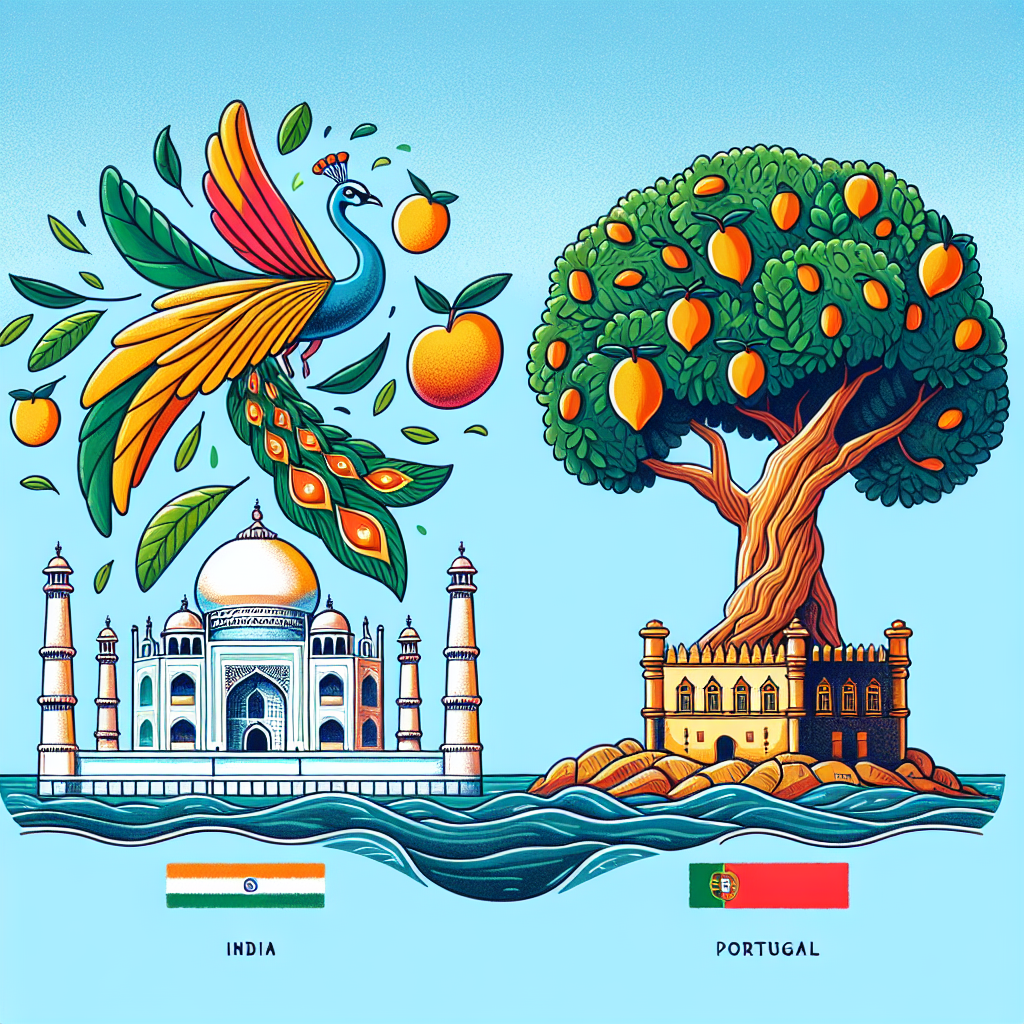India's Growth Engine: Resilience Amid Global Trade Shifts
India's robust domestic demand underlines its role as a growth engine in the face of global trade shifts due to U.S. tariffs. Finance Minister Nirmala Sitharaman discusses the country's strategic policy interventions during an interaction in London, highlighting the anticipated India-UK Free Trade Agreement and future bilateral cooperation.

- Country:
- United Kingdom
India's resilience and strong domestic demand continue to position it as a major growth driver amid the global trade shifts prompted by U.S. tariffs, according to Finance Minister Nirmala Sitharaman. In London, she emphasized that the Indian economy is well-placed to tackle global challenges due to its domestic efficiencies.
Sitharaman expressed optimism over finalizing the India-UK Free Trade Agreement and a Bilateral Investment Treaty. She highlighted the attractiveness of India's market for foreign direct investment, given the strength of domestic demand which magnetizes global supplies. The minister also acknowledged that India's economy isn't immune to global risks yet requires strategic policy interventions.
In light of global interconnections and geopolitical tensions, she stressed India's shift from multilateralism to bilateralism, focusing on strengthening ties with the UK. This includes cooperation in financial and educational sectors, and mutual recognition of professions, aiming to boost bilateral relations and economic resilience.
(With inputs from agencies.)
ALSO READ
Singapore Adjusts GDP Forecast Amid Global Trade Tensions
US-China Tariff Tensions: A Strategic Shift in Global Trade
Global Trade Spat Shakes Investor Confidence: Indian Markets Respond
Global Trade Tensions Hit Business and Defense
Navigating Economic Uncertainty: Singapore's Response to Global Trade Turbulence










